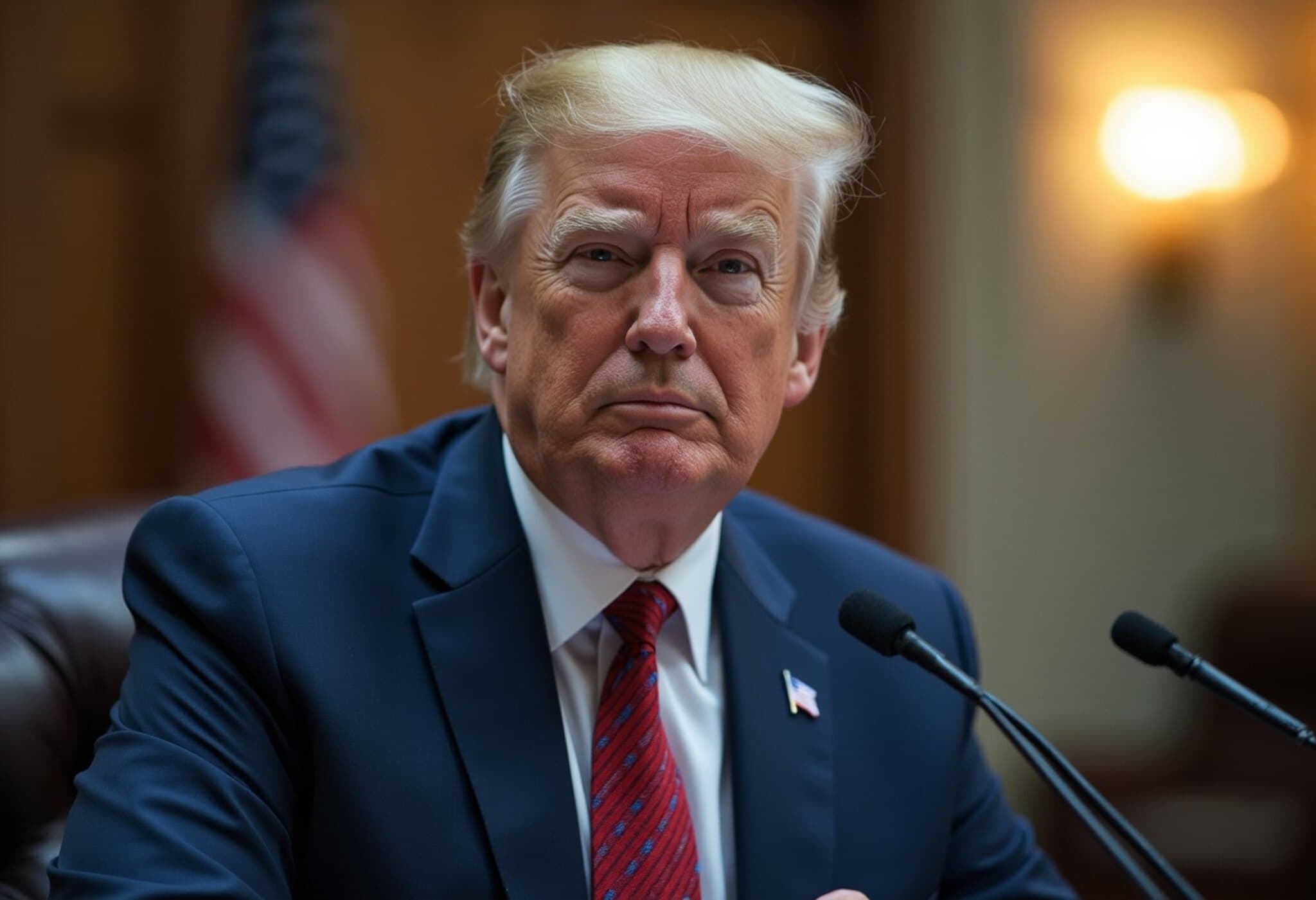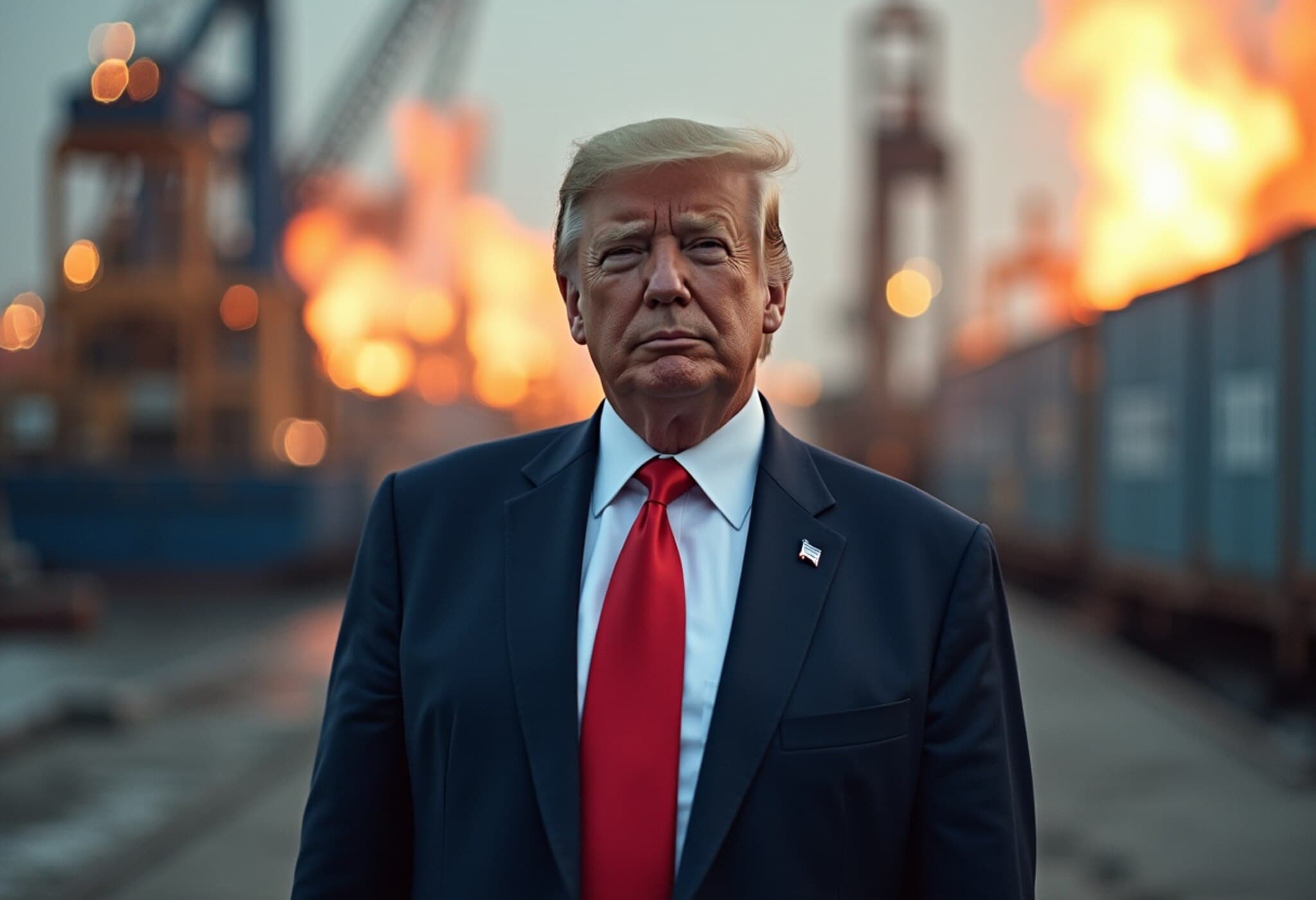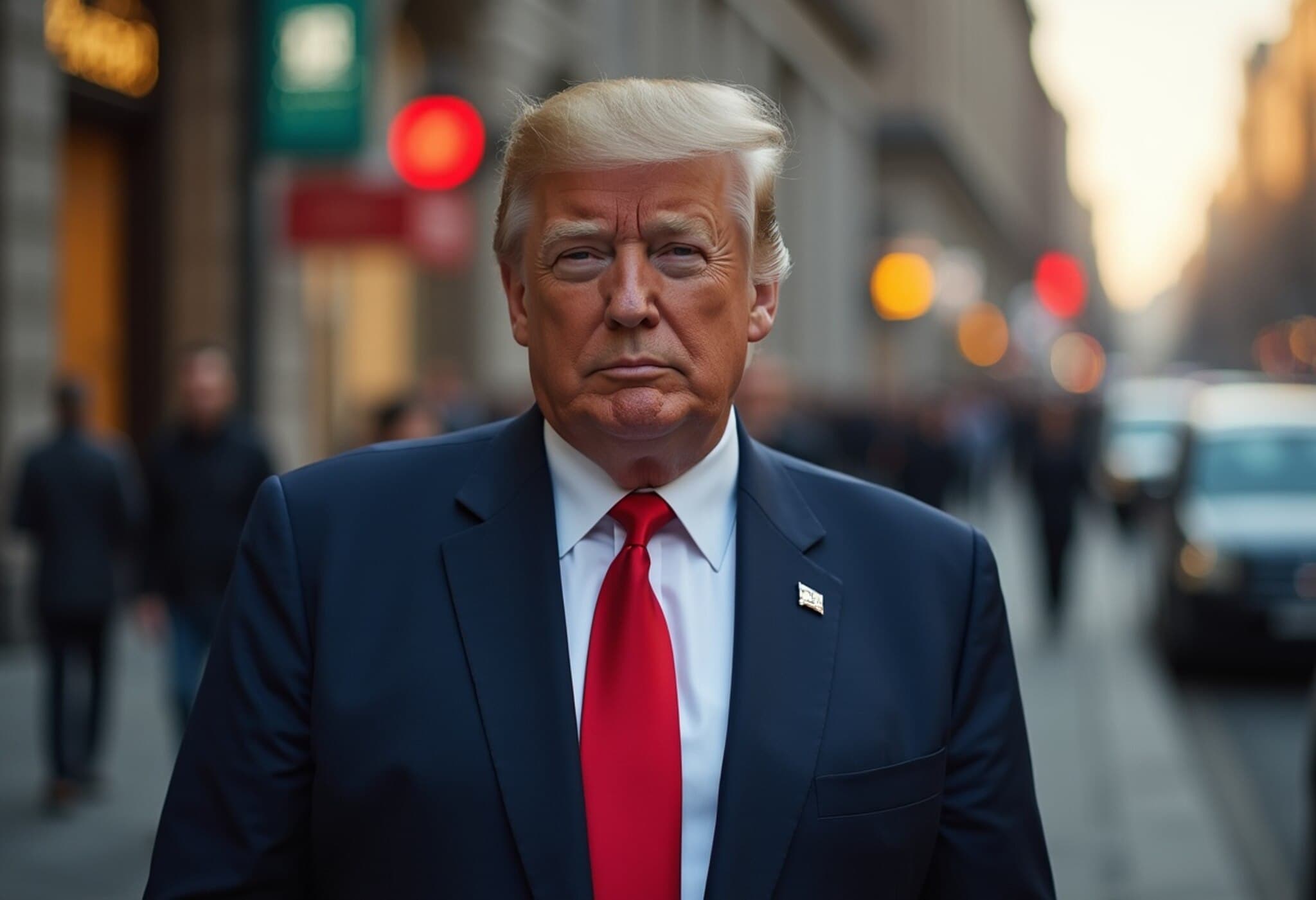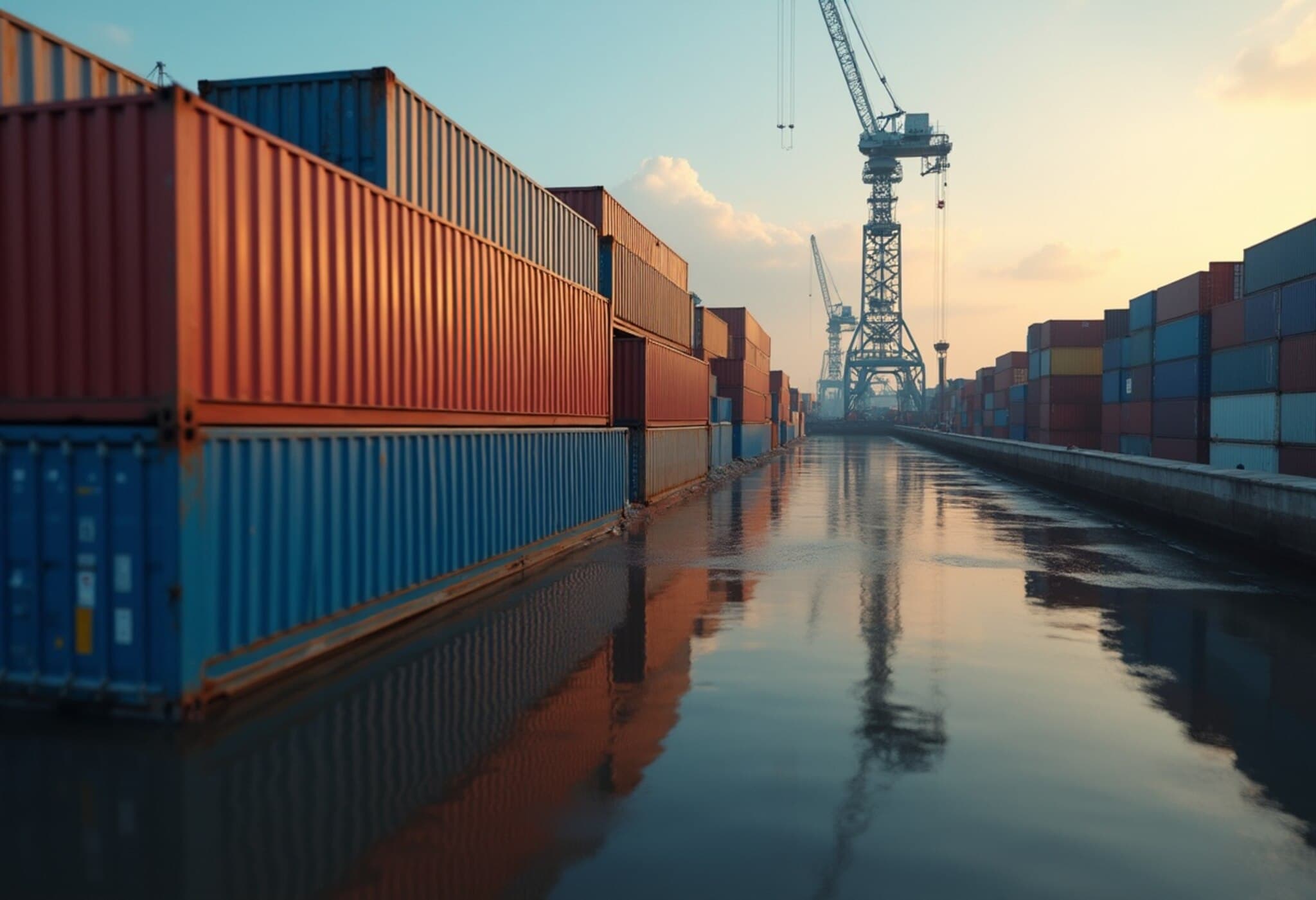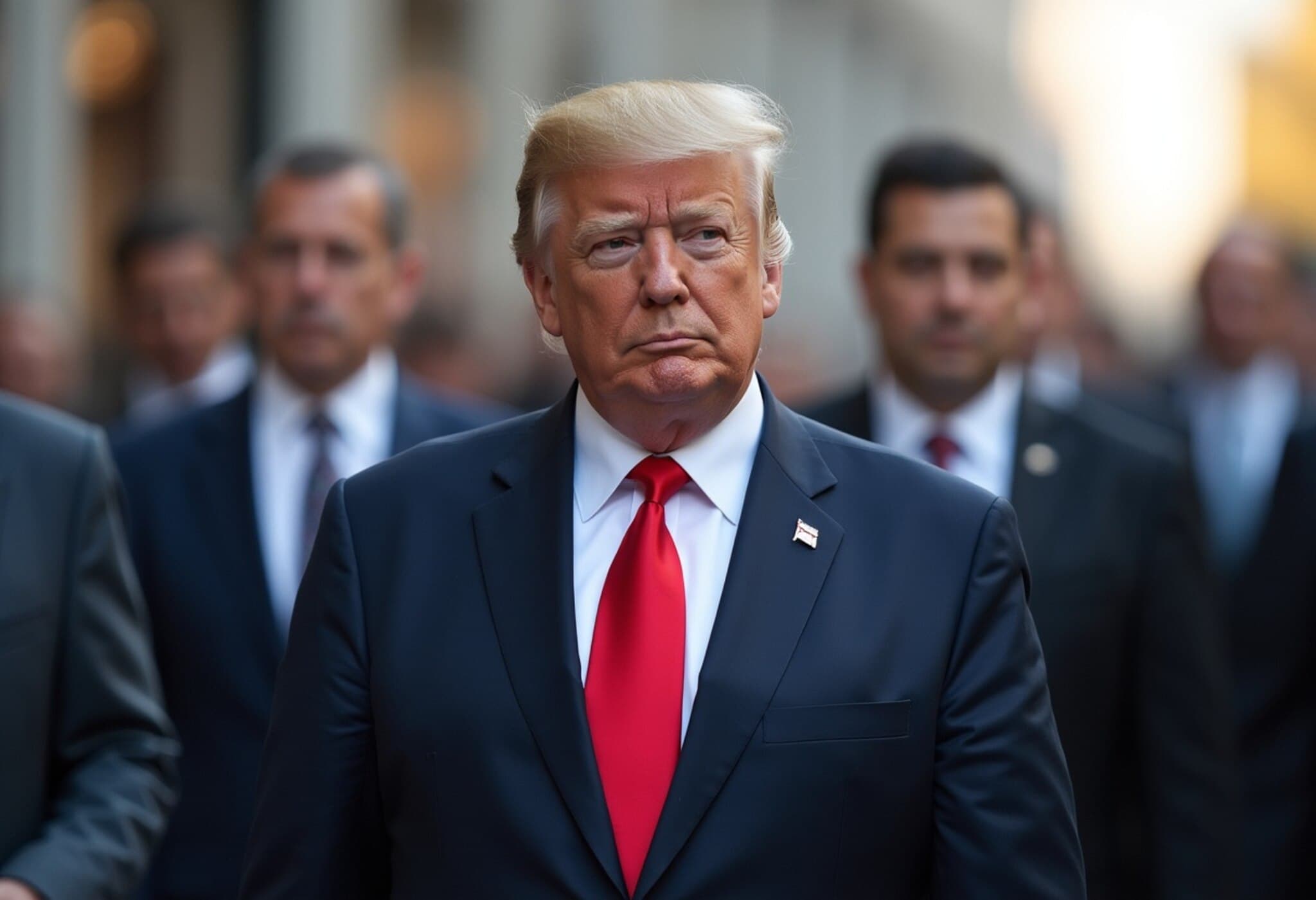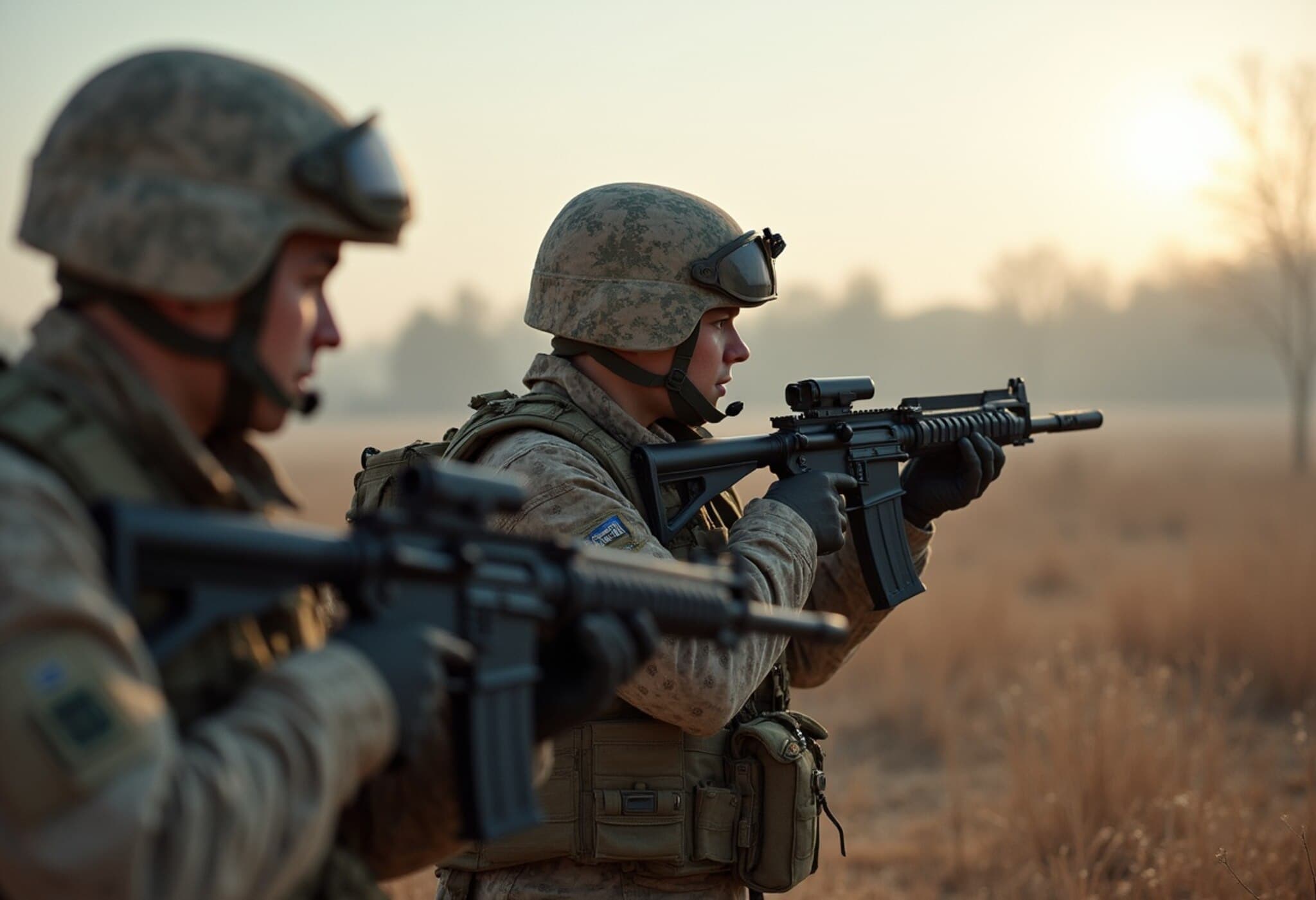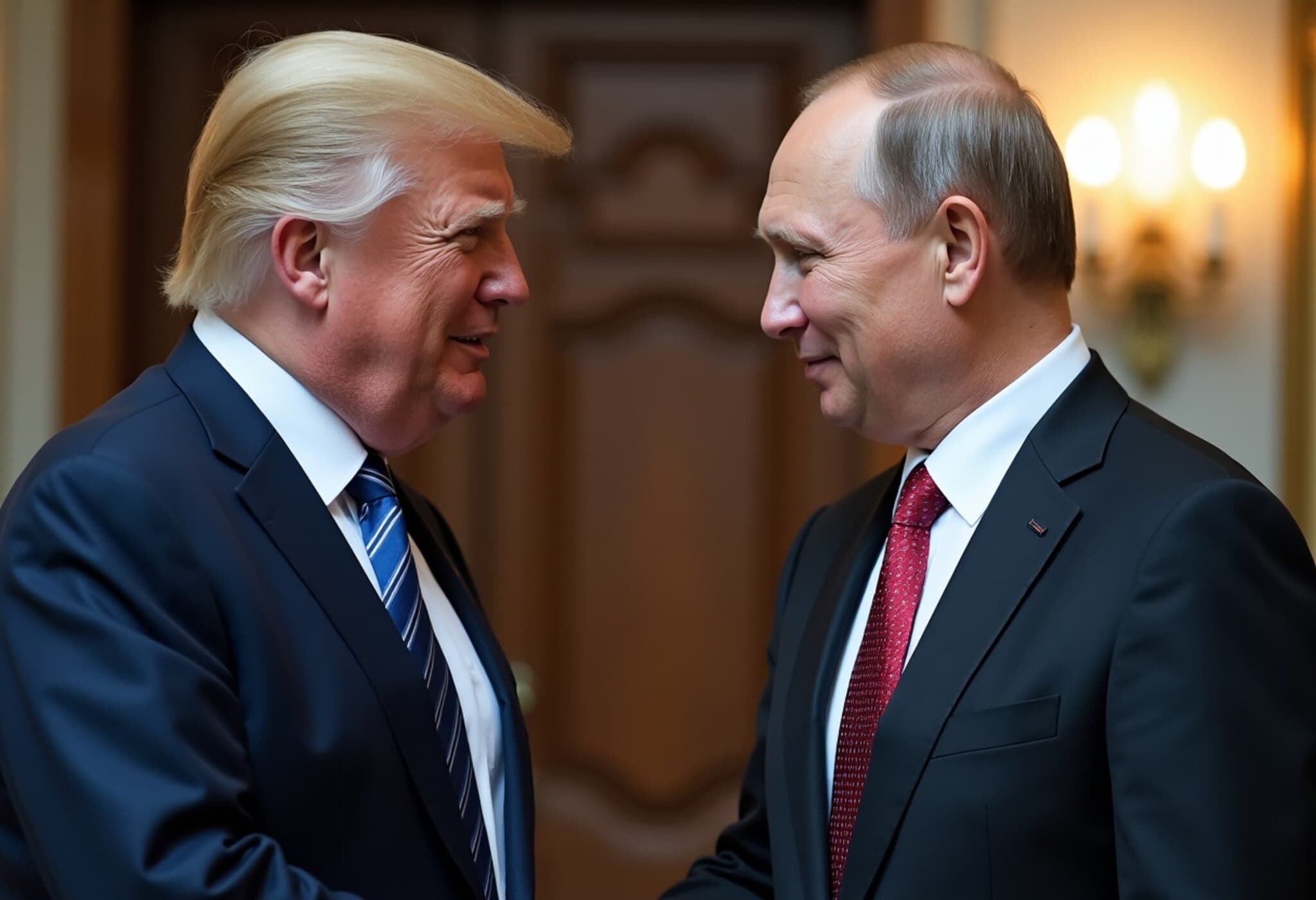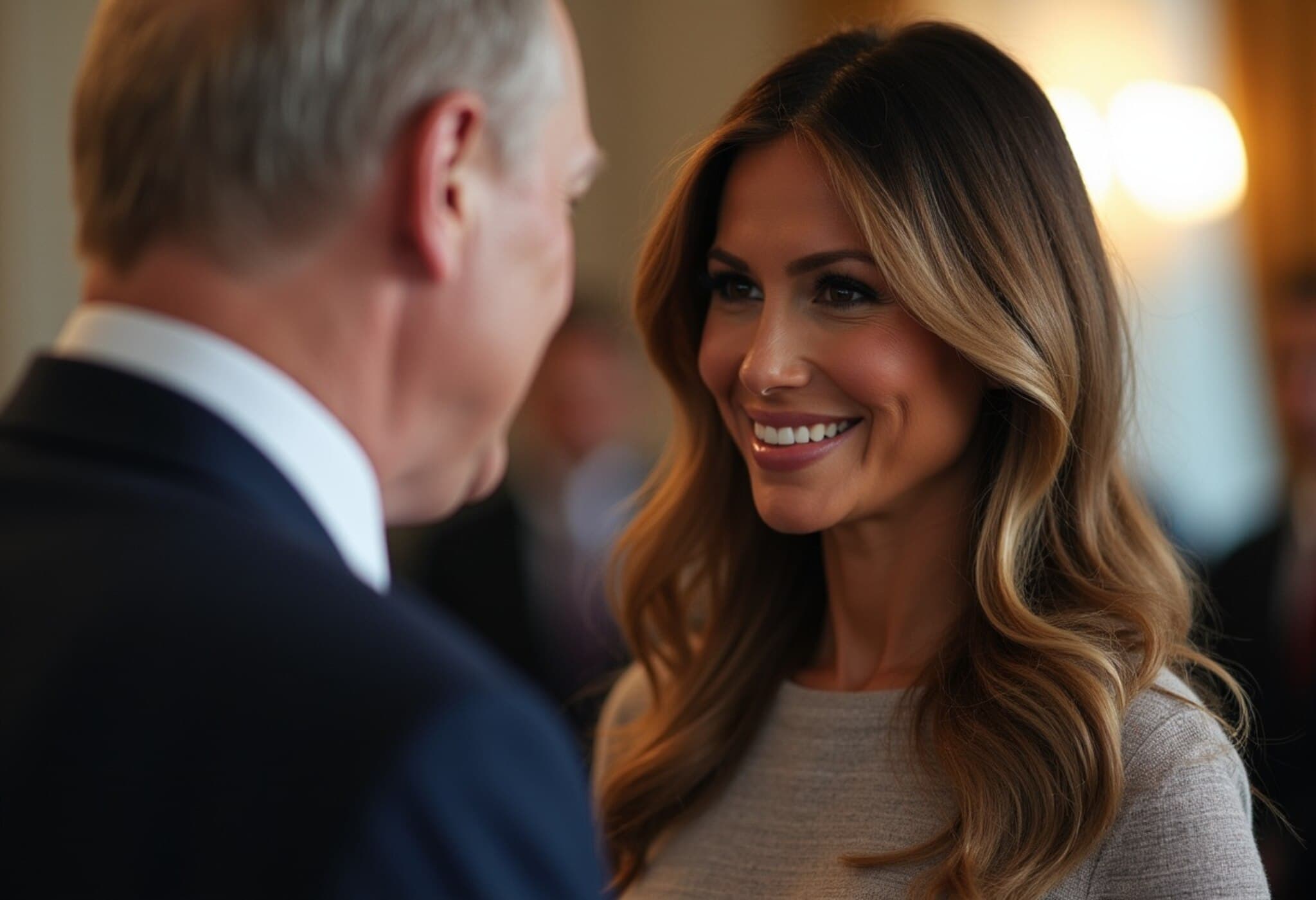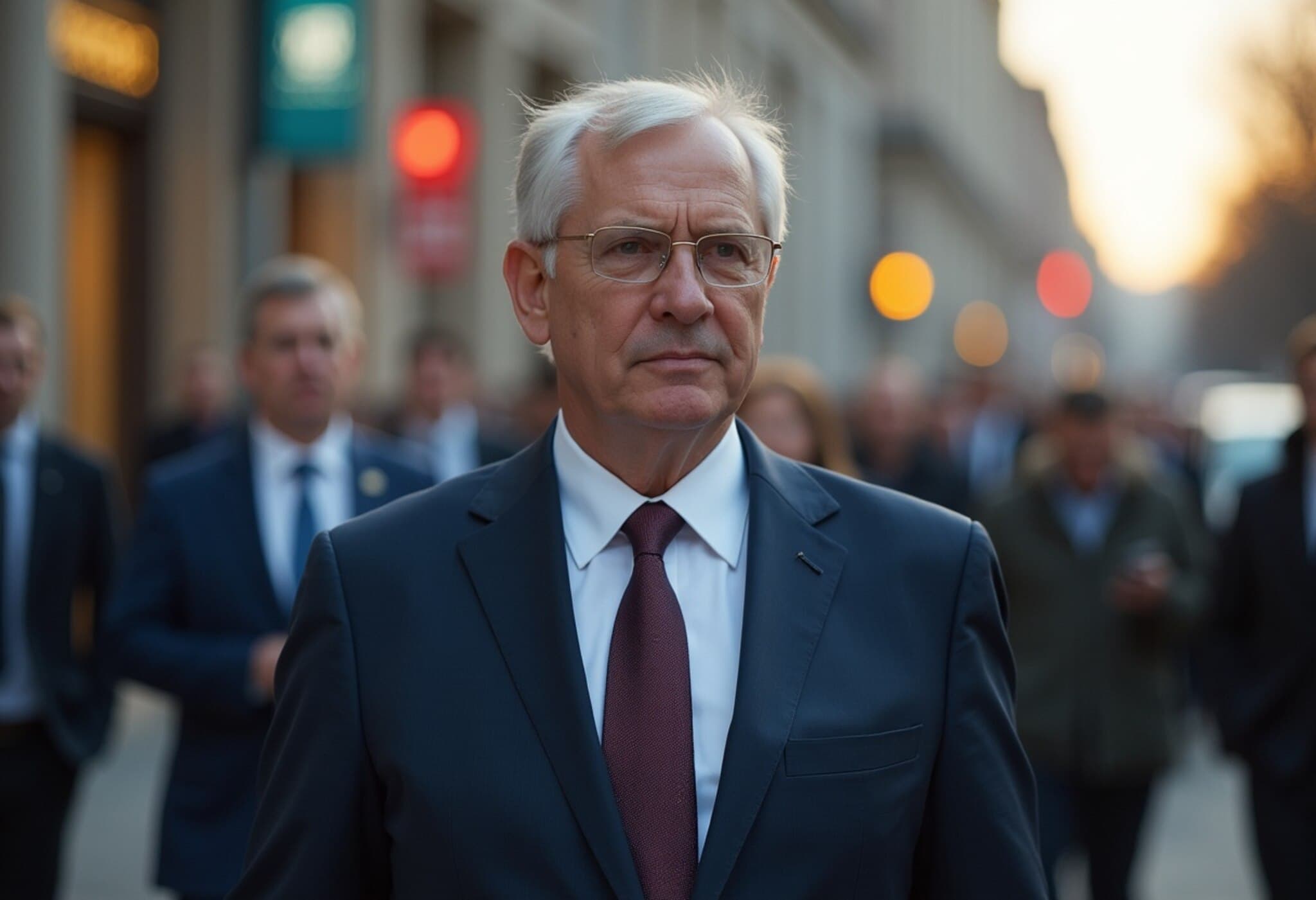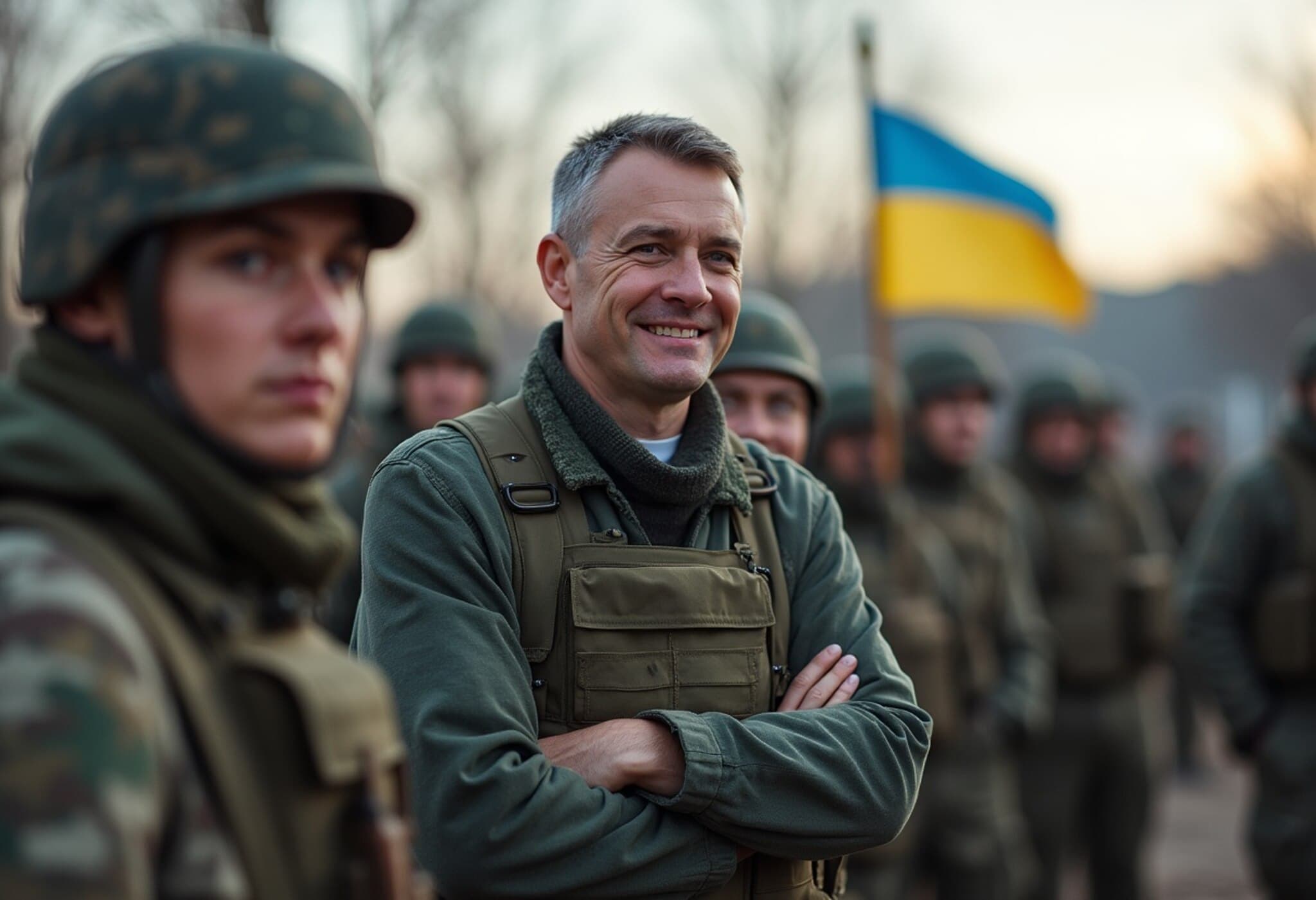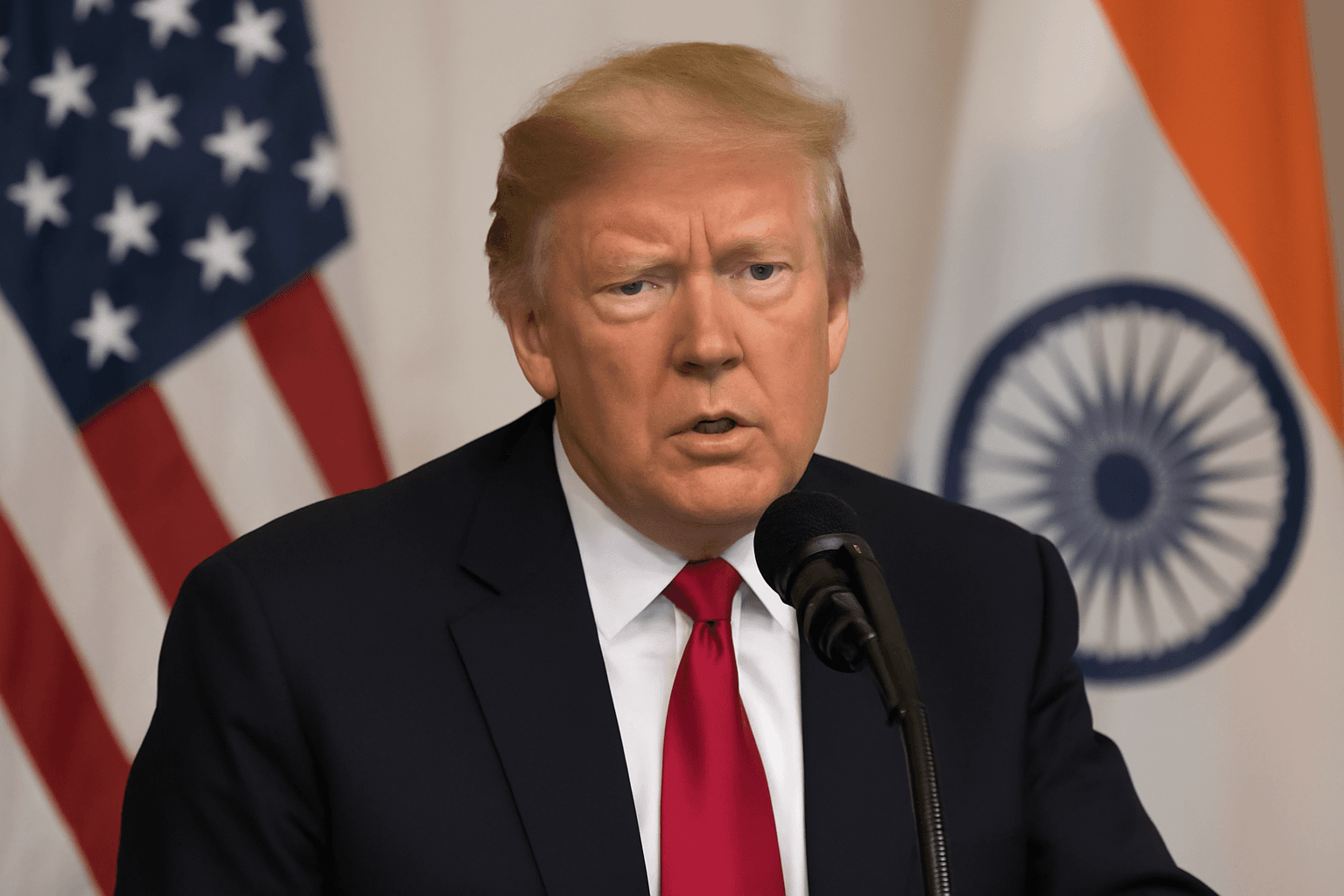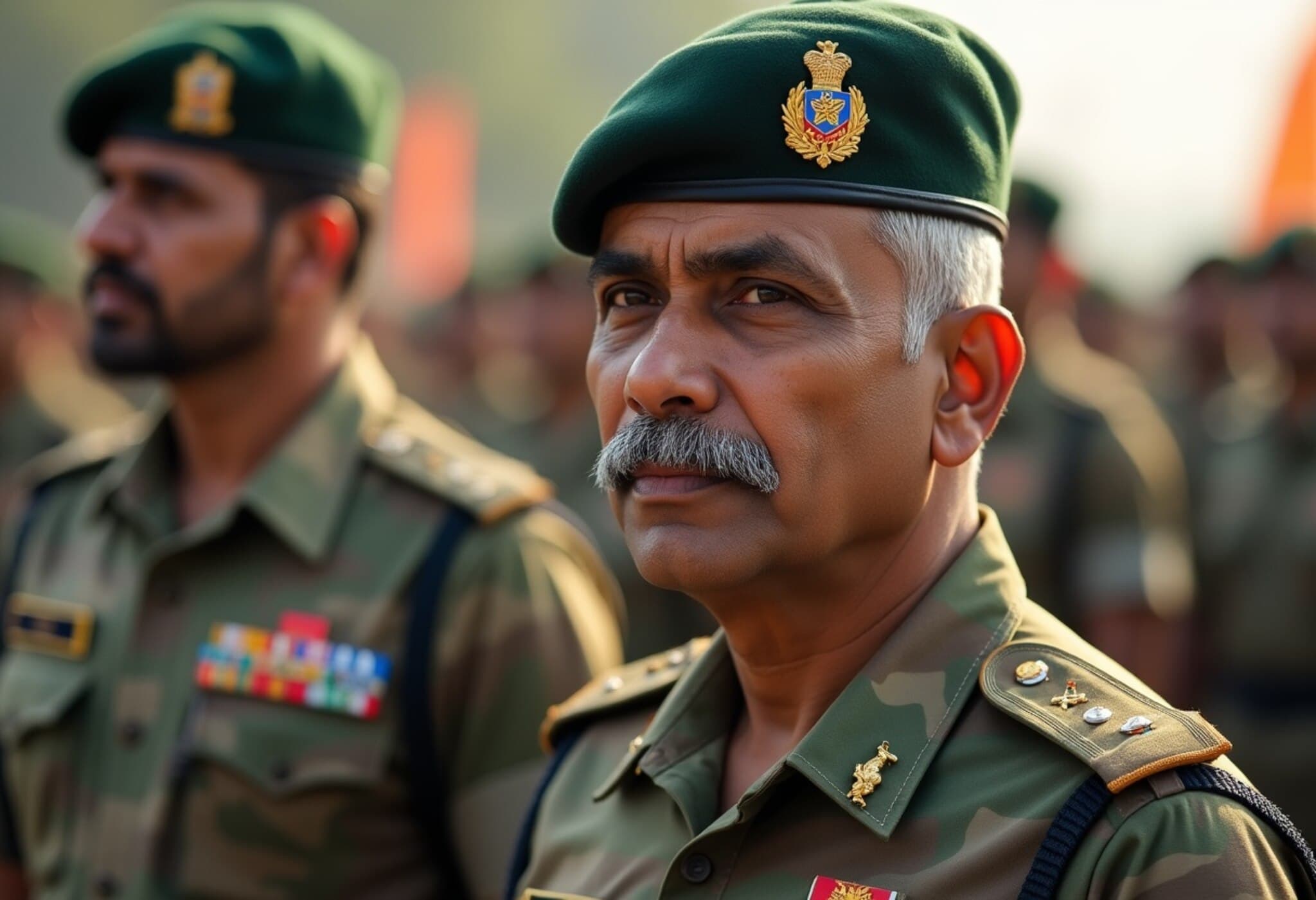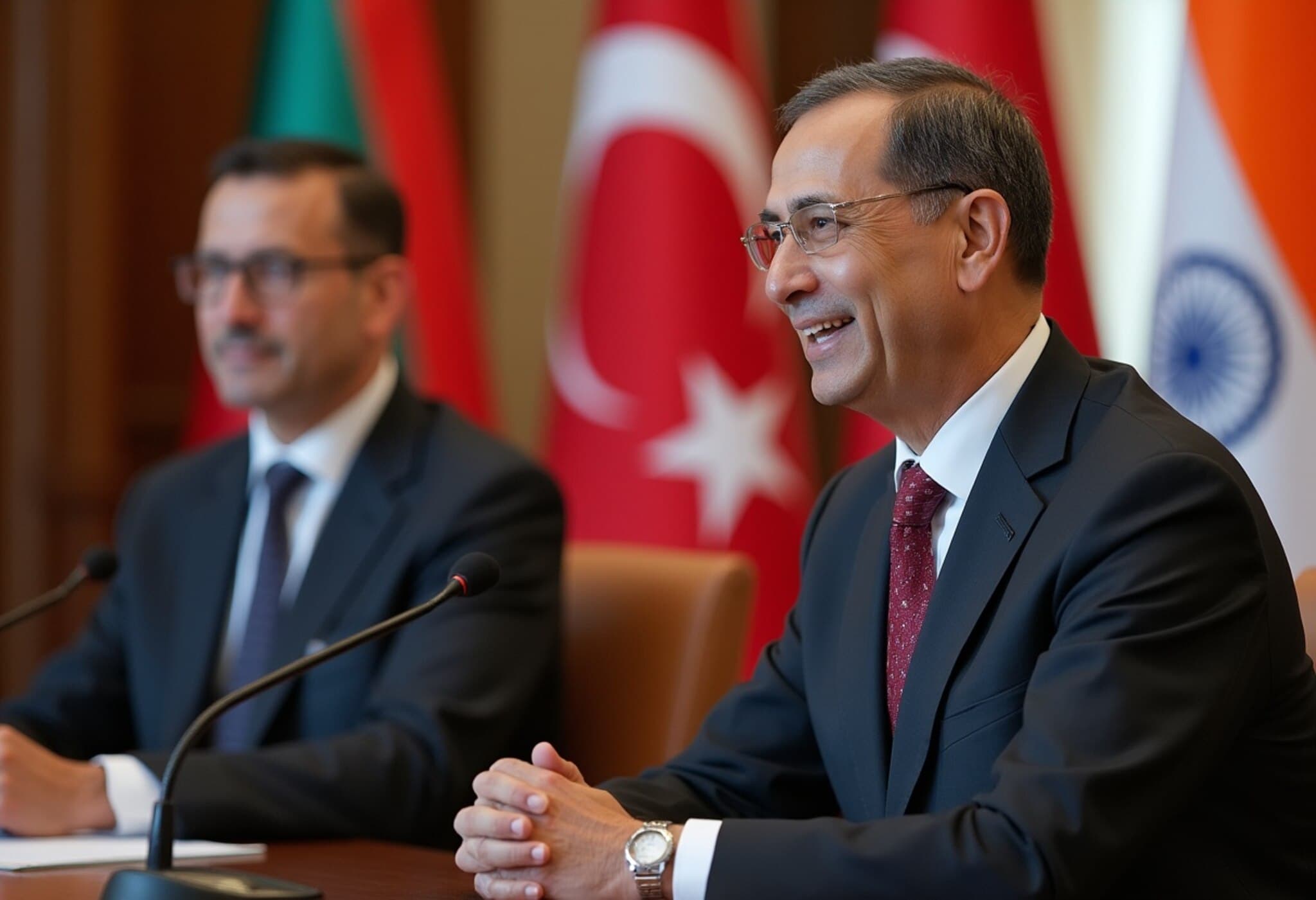Ukrainian President Zelensky Accuses Putin of ‘Legalising Occupation’
In a powerful statement on August 10, 2025, Ukrainian President Volodymyr Zelensky sharply criticized Russian President Vladimir Putin’s recent moves, describing them as attempts to “legalise the occupation” of Ukrainian territory. Speaking directly to the people of Ukraine and the international community, Zelensky emphasized that true peace is only possible if Russia ceases its military aggression.
Peace Talks Loom as Trump and Putin Prepare to Meet
Zelensky’s comments come as international attention turns to a planned meeting between former U.S. President Donald Trump and Vladimir Putin set for August 15 in Alaska. The summit is widely perceived as a critical moment in efforts to negotiate an end to the conflict that has racked Ukraine since Russia’s invasion began in February 2022.
“A Just End to the War Depends on Russia”
In his address, Zelensky insisted that ending the war rests squarely on Moscow’s shoulders. “There must be a just end to the war, and it depends on Russia,” he stated unequivocally. “It is Russia that must end the war it started.”
Call for Genuine and Lasting Peace
Zelensky articulated a vision shared by Ukraine and its allies: an enduring ceasefire that halts the bloodshed. Highlighting Putin as the sole obstacle, he remarked, “His only card is the ability to kill, and he is trying to sell the cessation of killings at the highest possible price.” This underscores the concern that Moscow may seek peace on terms that effectively sanction its territorial ambitions.
Support for Trump’s Peace Initiatives
The Ukrainian president reaffirmed support for peace proposals put forth by former President Trump, revealing a rare moment of alignment amid complex geopolitics. “I have not heard any partners express doubts about America’s ability to ensure that the war ends. The President of the United States has the levers and the determination,” Zelensky said. He reminded listeners that Ukraine had backed Trump’s ceasefire calls since February.
Ukraine Rejects Notion of a “Second Partition” of Its Sovereignty
One of Zelensky’s most forceful messages contested Putin’s ambitions to formalize control over occupied regions. He vowed resolutely that Ukraine would never accept another territorial carve-up following the annexation of Crimea in 2014. “We won’t give land to the occupier,” Zelensky declared, warning that any peace agreements reached without Ukraine’s direct involvement would undermine the prospect of genuine peace.
Kyiv Excluded from Crucial Alaska Peace Talks
The upcoming Trump-Putin meeting notably excludes direct Ukrainian participation—a decision that has sparked intense frustration in Kyiv and among European leaders. Ukraine’s sidelining from talks concerning its own sovereignty raises fundamental questions about the legitimacy and potential efficacy of the proposed negotiations.
Broader Implications and Expert Perspective
The exclusion of Ukraine from negotiations happening on its own soil recalls historical precedents where major powers decided the fate of smaller nations without their consent—oftentimes resulting in prolonged conflicts or unstable resolutions. As experts on international diplomacy point out, sustainable peace demands inclusivity of all stakeholders, especially those most affected.
Moreover, the suggestion that Putin aims to “legalise occupation” risks normalizing breach of international law and undermining the post-World War II framework that prohibits territorial conquest. Observers caution that any peace built on such precedents could embolden other aggressive actors globally.
What to Watch Next
- Outcomes of the Alaska summit and whether it results in concrete ceasefire agreements.
- Reactions from the international community, including NATO and the EU.
- Ukraine’s diplomatic strategies to reassert itself in peace negotiations.
- Impacts on regional security dynamics and global norms on sovereignty.
Editor’s Note
The standoff between Ukraine and Russia is not only a battle over territory but also a contest over the principles that underpin international order. President Zelensky’s caution against permitting a “second partition” is a reminder that peace without justice risks perpetuating conflict. As the world watches the upcoming Trump-Putin meeting, it remains crucial to ask: Can a lasting peace be secured when the country at the heart of the conflict is excluded from the table? How will global leaders balance the imperative to end violence with upholding Ukraine’s sovereignty?

